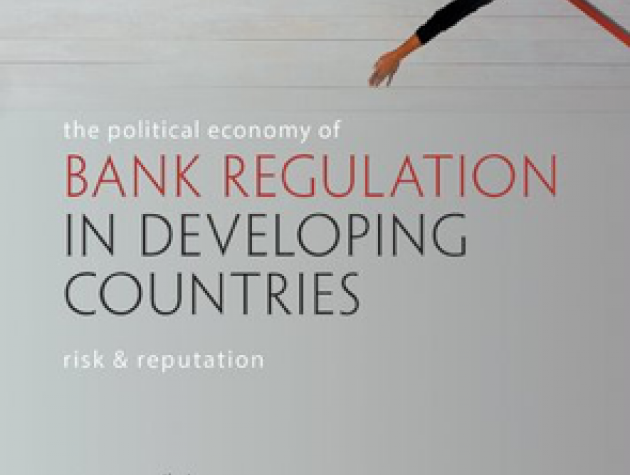Mind the gap: Making Basel standards work for developing countries
Discover more about this research.
The prudential standards that govern global finance are developed by a small group of financial regulators, largely from advanced economies. Basel II and III are not designed for low and lower-middle income countries (LMICs) with less complex and smaller financial markets, and where regulatory authorities face substantial resource constraints. Off-the shelf adoption of international standards in LMICs poses high costs and risks. Nevertheless, regulators in many LMICs are pressing ahead with Basel II and III. In today’s world of globalised finance, LMIC regulators cannot simply ignore international standards, even if they are ill-suited to their regulatory environment. The adoption of international standards is one of the only mechanisms they have for signalling to international investors and other regulators that their banks are soundly regulated. LMIC regulators perceive the adoption of international standards as crucial for helping their banks expand abroad, and for attracting investors into their financial sector.
International standard-setting bodies have been working to avoid unintended consequences for developing countries, but much more needs to be done. The international policy community needs to move from a minimalist ‘do no harm’ approach, to actively designing international standards that are genuinely useful for LMICs and support financial sector development.
We recommend that the Financial Stability Board, IMF and World Bank:
- Prevent an ill-fated race to the top among LMICs towards maximum Basel II and III implementation by clarifying under which conditions proportional or non-implementation of specific Basel II and III components is recommended;
- Mandate the Basel Committee on Banking Standards to build in proportionality into the design of Basel Standards as a matter of course, so they can be readily tailored to a wide variety of local contexts;
- Open the standard-setting processes to more meaningful input from LMIC representatives. At a minimum the Basel Consultative Group should include representatives from LMICs and there should be greater engagement with the Group when international standards are designed;
- Recognise the signalling function of Basel standards as a seal of regulatory quality and devise complementary methods to assess and communicate the quality of prudential financial regulation in LMICs;
- Engage in further research on the repercussions of Basel II/III implementation for credit allocation in the real economy and for financial inclusion.






